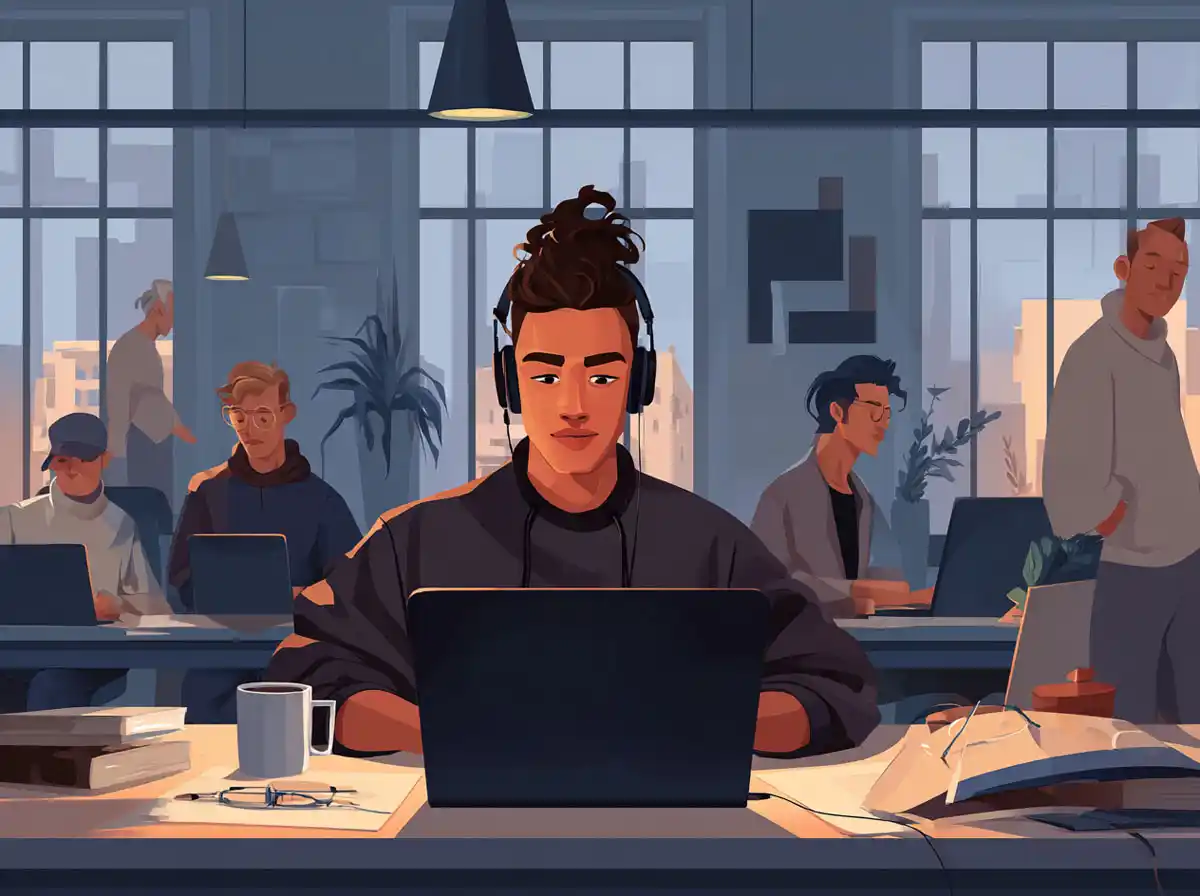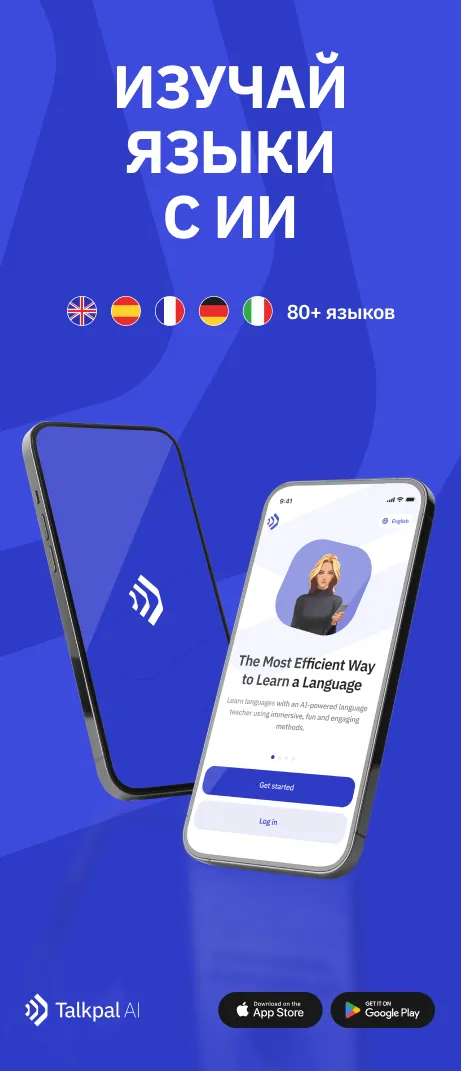Для правильного образования Past Perfect Simple необходимо использовать вспомогательный глагол «had» и основной глагол в третьей форме (past participle). В этих упражнениях вы сможете попрактиковаться в формировании предложений в Past Perfect Simple, что поможет вам лучше понять его использование и запомнить необходимые структуры.
Упражнение 1: Заполните пропуски, используя Past Perfect Simple
By the time we arrived at the station, the train *(had left)* [leave].
I decided to visit the museum because I *(had never been)* [be] there before.
He *(had finished)* [finish] his homework before he went out to play.
She could not remember where she *(had put)* [put] her keys.
We *(had already eaten)* [eat] by the time the guest arrived.
It turned out that I *(had seen)* [see] that movie twice already.
They *(had closed)* [close] the shop by the time I got there.
She *(hadn’t heard)* [hear] the news until you told her.
Before we reached the summit, it *(had started)* [start] to snow.
He told me he *(had lost)* [lose] his keys the night before.
They were late to the party because they *(had missed)* [miss] the bus.
I couldn’t believe she *(had never tasted)* [taste] sushi before our dinner.
After she *(had read)* [read] the book, she felt much better.
We *(had just finished)* [finish] our meal when John called.
She *(had washed)* [wash] the dishes, so the kitchen was clean.
Упражнение 2: Заполните пропуски, используя Past Perfect Simple
The movie *(had already started)* [start] when we walked into the cinema.
I realized that I *(had forgotten)* [forget] my wallet at home.
She felt bad that she *(had not called)* [call] her grandmother in a long time.
We were shocked to discover that the thieves *(had taken)* [take] all the jewelry.
He wished he *(had studied)* [study] harder for his exams.
Once she *(had found)* [find] a good book, she would read it in one sitting.
They *(had lived)* [live] in Paris for ten years before moving to Berlin.
I *(had worked)* [work] in the garden all day and was very tired in the evening.
Before the meeting, she *(had emailed)* [email] everyone the agenda.
Tom *(had never seen)* [see] snow before he went to Switzerland.
He *(hadn’t thought)* [think] of that solution before.
By the time the teacher arrived, the students *(had already finished)* [finish] the test.
She *(had written)* [write] three novels by the age of 30.
We *(had planned)* [plan] our vacation before the travel restrictions were announced.
He felt proud because he *(had completed)* [complete] the marathon successfully.










